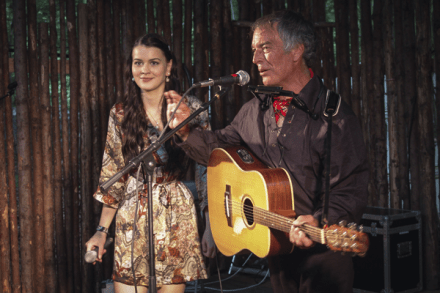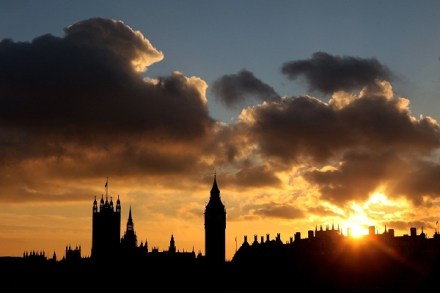Meet Fraser Neill, the Scots folk musician behind Eurovision’s Emmelie de Forest
Arts featureTo be a folk music fan in Britain today is to be jangling the keys to a cultural palace. For a variety of reasons, we seem to have produced the most brilliant young musicians in decades — but the rest of the world has always seemed rather more excited about the fact than we are.




















